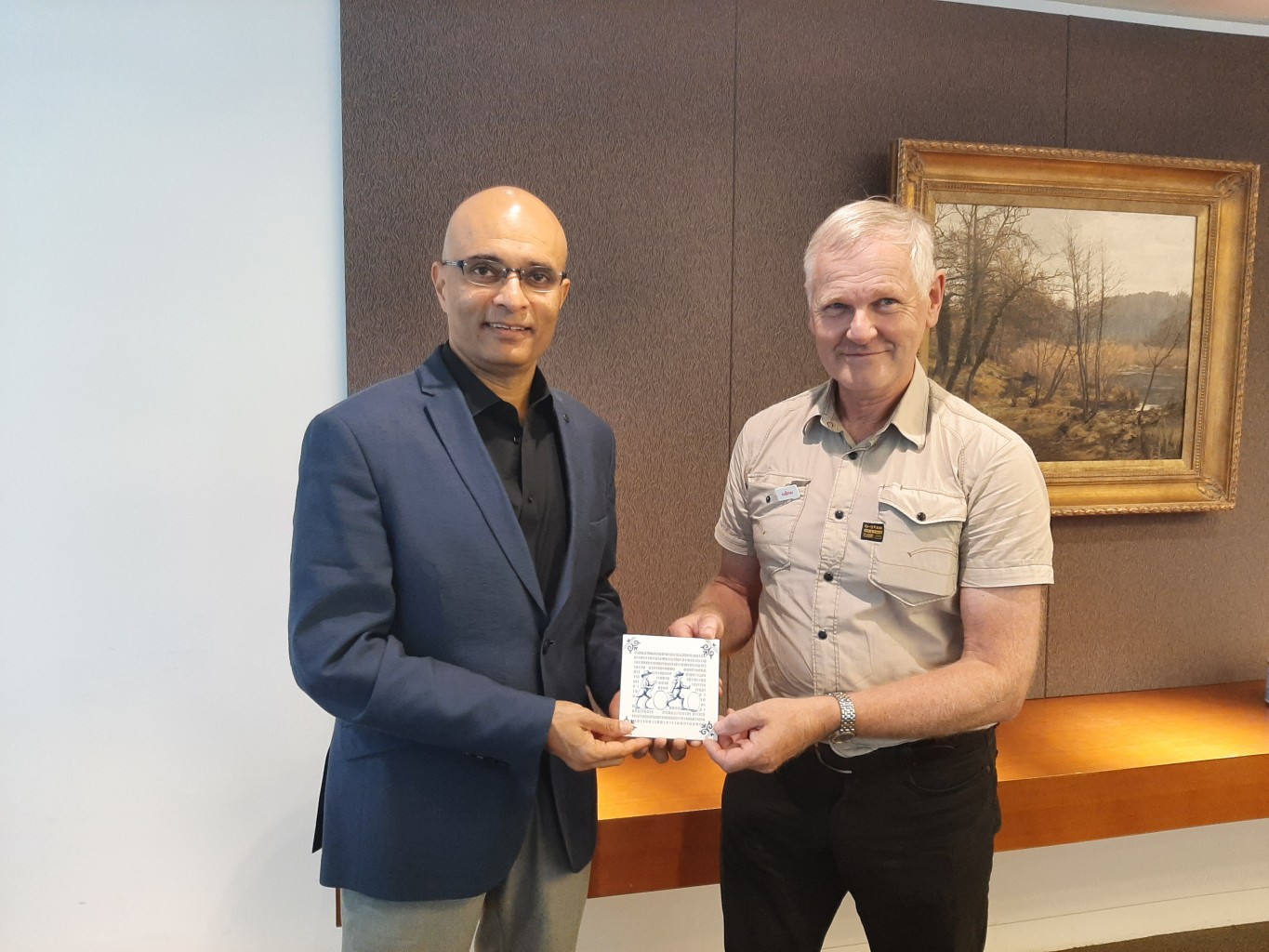Fujitsu and TU Delft explore the horizon of High Performance Computing
In an era where computing power continues to grow at an exponential rate, the importance of high-performance computing (HPC) cannot be understated. Leading the charge in the HPC market is Fujitsu. This week, Professor Kees Vuik, chair of the Delft High Performance Computing Centre, visited Fujitsu's headquarters to meet with the CTO Vivek Mahajan, discussing the future of HPC and potential applications of quantum computing.
"High-performance computing is a critical resource for the scientific community," says Kees Vuik. "The ability to process large data sets and run complex simulations has the potential to revolutionize fields such as, for example, aerodynamics, climate modeling, and materials science."
Fujitsu is an important supplier of HPC solutions, powerful computers are critical for researchers, engineers, and scientists to carry out simulations, analysis, and computations at unprecedented speeds and with high accuracy. In that regard, Fujitsu is particularly important for TU Delft. The university has a longstanding partnership with Fujitsu, solidified by the company's construction, expansion and maintenance of the university's very own DelftBlue supercomputer. DelftBlue is renowned for its high-performance capabilities and open access, and thus is increasingly important to the University's ongoing research.
With the possible advent of Quantum computing, there is a potential to revolutionize HPC by solving problems that were previously considered incalculable.
Kees Vuik
"With the possible advent of Quantum computing, there is a potential to revolutionize HPC by solving problems that were previously considered incalculable," adds Vuik. "Its implications for fields which require incredibly complex and long calculations are immense. Think, for example, of the development of medicine."
Vuik and Fujitsu's CTO Vivek Mahajan discussed the immediate applications of quantum computing in HPC and explored strategies for achieving this integration. One of these strategies are novel Quantum Algorithms, developed at DIAM (Delft Institute of Applied Mathematics). They emphasized the importance of collaboration between academia and industry to realize the full potential of this technology. "The computational demands of many scientific problems are growing faster and faster," Vuik remarked. "Quantum computing could be the key to tackling these challenges."

